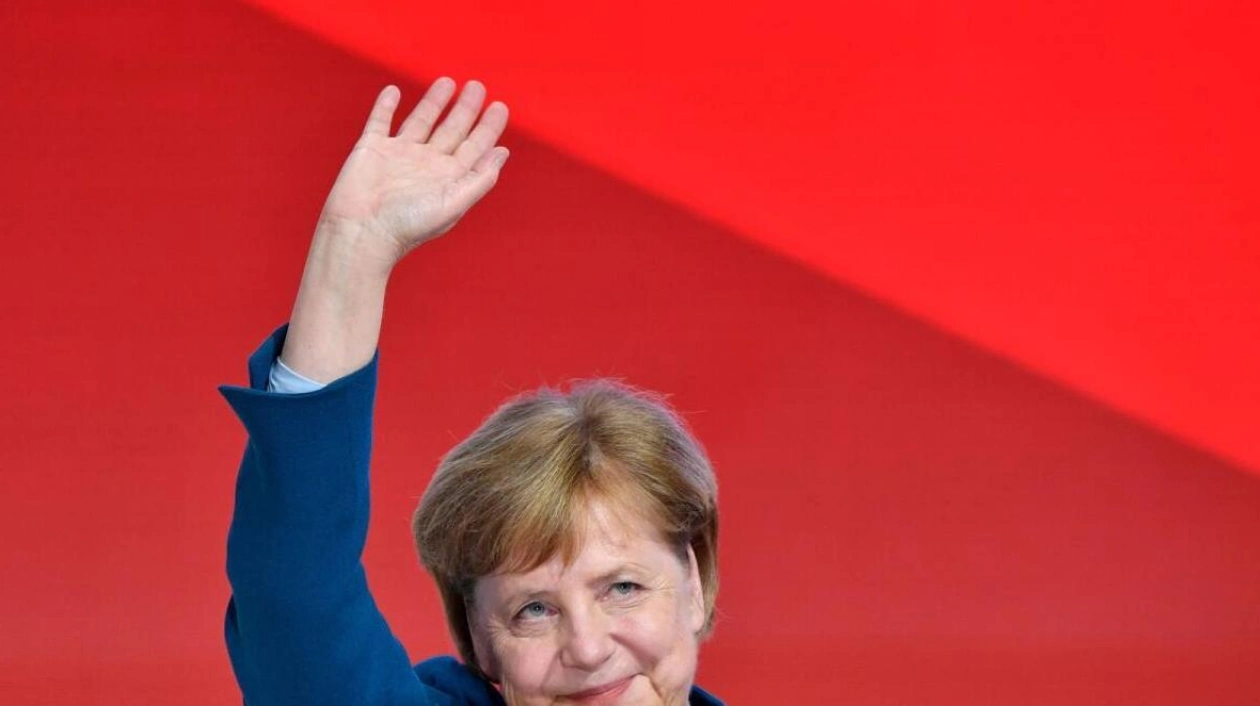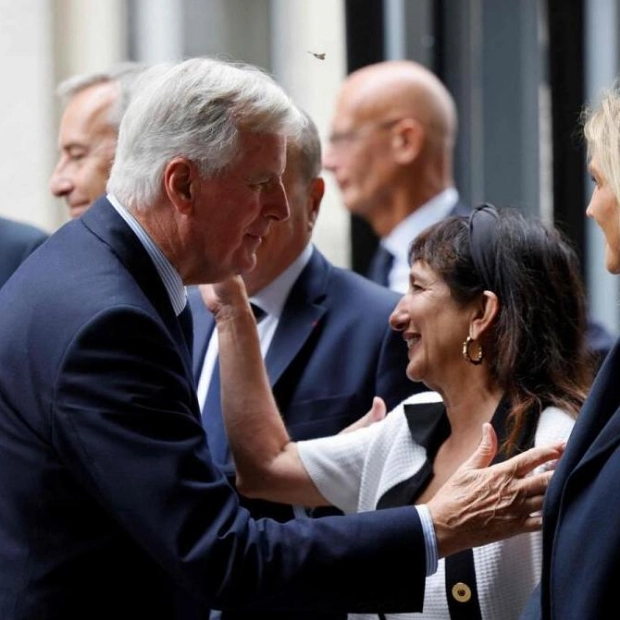Former German Chancellor Angela Merkel. AFP File Photo
Former German Chancellor Angela Merkel was one of the world's most popular politicians when she retired in 2021, but her legacy is now being increasingly scrutinized ahead of the release of her memoirs, "Freedom." Co-written by Merkel and her longtime political adviser Beate Baumann, the book will be published in 30 languages on Tuesday, coinciding with Germany's deep political crisis ahead of snap elections in February. The 736-page book's contents have been kept under wraps but are expected to provide new insights into her four terms in office from 2005 to 2021, during which she was widely regarded as the world's most powerful woman.
However, with Europe's largest economy in turmoil since her departure, critics have already begun to question Merkel's tenure. In a book titled "The Illusion," journalist Eckart Lohse of the Frankfurter Allgemeine Zeitung newspaper argues that Merkel, now 70, left Germany with numerous unresolved issues. Similarly, The Economist recently commented that "16 years of no reforms are taking a toll on Germany and Europe." These criticisms reflect a significant shift in public opinion since 2021, when Merkel's image was still largely positive, according to researcher Marie Krpata, an expert on German politics.
In an interview with the Tagesspiegel newspaper, political scientist Wolfgang Schroeder highlighted two major factors that have altered Germany's landscape since Merkel's retirement: the war in Ukraine and the collapse of the export-oriented economic model. Consequently, Germany, traditionally a driver of European growth, was the only major advanced economy to shrink in 2023 and is projected to contract by 0.2 percent this year. Germany is also grappling with deteriorating infrastructure, particularly in transportation and digital sectors, as well as in schools and kindergartens, according to Krpata.
While Merkel's era was characterized by stability, often valued by German voters, critics argue that this often led to stagnation. Merkel inadvertently coined the term "merkeln"—to delay a decision as long as possible. On foreign policy, The Economist asserts that Merkel left Germany with three significant dependencies: unable to defend itself without the U.S., struggling to grow without exporting to China, and reliant on Russian gas to sustain its industry.
Specifically, Merkel's government supported the Nord Stream 2 gas pipeline even after Russia annexed Crimea in 2014, a decision now widely seen as a mistake given Russia's invasion of Ukraine. However, this decision aligned with the expectations of the German business community, according to Norbert Lammert, a former lawmaker for Merkel's Christian Democratic Union (CDU) party. Public opinion also played a crucial role in other controversial decisions, such as Germany's shift away from nuclear energy after the Fukushima disaster in 2011 and the decision to welcome hundreds of thousands of migrants in 2015.
Merkel's actions often reflected the majority's expectations, Lammert noted. The 2015 migrant influx contributed to the rise of the far-right Alternative for Germany (AfD), which entered parliament for the first time in 2017. The AfD is currently polling in second place ahead of February's snap election, trailing only Merkel's conservatives under their new leader, Friedrich Merz. Meanwhile, the government of Social Democrat Chancellor Olaf Scholz, who once served in Merkel's cabinet, has tightened border controls and reduced benefits for asylum seekers. Merz has pledged to reform Germany's constitutionally enshrined "debt brake," a policy fiercely defended by Merkel during her tenure.
However, Merz risks alienating a significant portion of his party if he distances himself from Merkel's policies, according to Lammert.
Source link: https://www.khaleejtimes.com






